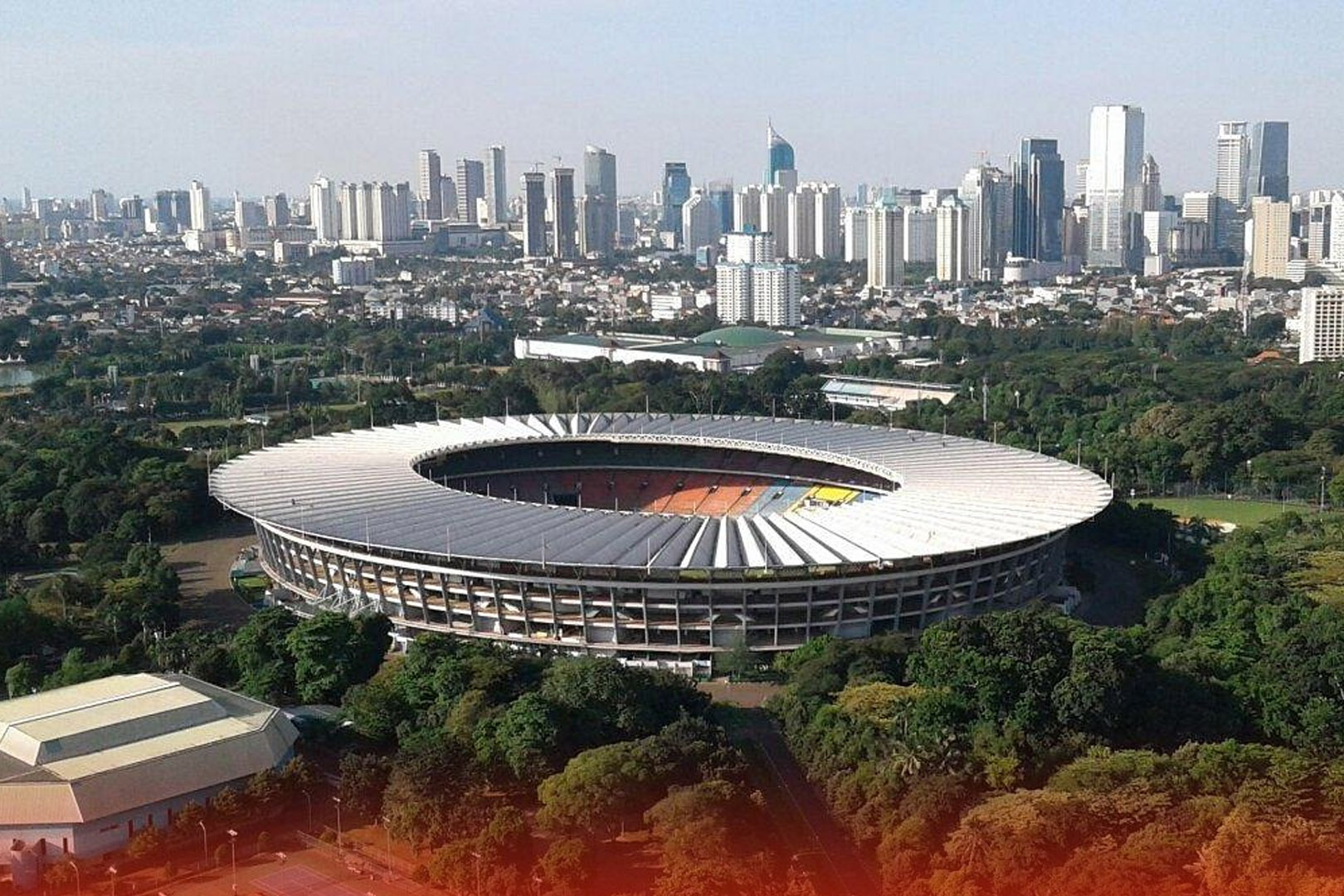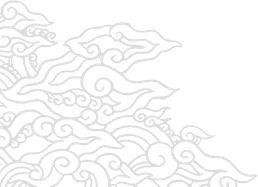Newsletter
16 February 2024
Arbitration Series: the sub-sector of Sports Arbitration in Indonesia


Our Arbitration Series Newsletter this time delves into the Sub-Sector of Sports Arbitration in Indonesia. Read more about them herein below.
| Rizki Karim
In recent years, the Indonesian arbitration scene has been busied by the duality of its main arbitration institution, BANI (Indonesia National Arbitration Board). Being the biggest and most widely used arbitral institution in Indonesia, the dispute between the two BANIs involving multiple court cases rightly took the spotlight. Many have written and reported about the subject.
In perhaps a slightly lesser spotlight, Indonesia’s arbitration scene in the financial service sector has also undergone new developments as it has had a new arbitral institution established by OJK (Indonesia’s Financial Services Authority), namely the Financial Services Sector Alternative Dispute Resolution Body, or else known as LAPS-SJK. The introduction of LAPS-SJK concurrently also meant the disbandment of previously existing six sub-sectoral arbitral institution – the likes of the Capital Market Arbitration Board (BAPMI), the Banking Alternative Dispute Resolution Board (LAPSPI), and the Insurance Arbitration Board (BMAI).[i]
And, what might only be described to be on an even lesser spotlight, is the development of arbitration in the sports sector. Indonesia, to date, has not one, not two, but actually three active arbitral institutions operating in the sports sector. These three institutions are:
However, in 2022, the Government promulgated the Law No. 11 of 2022 on Sports (“New Sports Law”). Among others, the New Sports Law envisions a new sports arbitral institution whose function is to deal with any disputes that may arise in the sports sector. Up until now (upon reaching the 4th quarter of 2023), such institution has not been established yet. It is thus noteworthy to observe what the current landscape of sports arbitration in Indonesia as well as how it might change sooner or later.
BAORI
Prior to the enactment of the New Sports Law, sports in Indonesia were governed by Law No. 3 of 2005 on the National Sports System (“Old Sports Law”), enacted in 2005. The Old Sports Law similar to the new one, also designated that all disputes to be settled through amicable settlements, or through alternative dispute resolution such as arbitration.[ii]
Soon after, Indonesia National Sports Committee, or else known as KONI (Komite Olahraga Nasional Indonesia), established BAORI. KONI themselves is the authority responsible for the development and coordination of all sports activities in Indonesia. Thus, BAORI was mandated to settle any disputes that may arise from the violation of KONI’s Articles of Association or any other rules as set out by KONI. The head of BAORI is also determined through KONI’s Extraordinary National Sports Conference. BAORI has its own rules, as well as its own roster of arbitrators.
According to its 2017 edition of arbitral rules, the scope of competence of BAORI includes the authority to settle any disputes concerning KONI’s administrative and organizational issues, alleged violation of KONI’s articles of association, conflict of management of any professional sports organizations, and any disputes concerning national sports, whether it be professional, educational, or recreational sports.[iii] In that sense, BAORI’s competence in sport is quite expansive. Aside from settling a dispute as an arbitral institution, BAORI can also provide binding opinions (a feature that can indeed be commonly found in other arbitral institutions in Indonesia).
BAORI’s arbitral rules also mentions that its own list of arbitrators (and mediators), with certain requirements to be one. The requirements imposed are similar to those under the Indonesian Arbitration Law, although with two additional requirements, namely the individual must have been active in a sporting organization or the sporting sector in Indonesia and he or she must have gained an arbitrator (or mediator) certificate from an institution that is recognized by BAORI.[iv]
As with any other arbitration in Indonesia, the arbitral award (including the eventual award) is confidential in nature. Thus, examples of disputes that have been settled by BAORI are not easily accessible. However, snippets of news have shown that certain disputes have indeed been resolved by BAORI, such as the following:
BAKI
In 2012, under the instruction of Indonesia Olympics Committee (or else known as KOI), another sports arbitral institution was established: BAKI. In a sense, BAKI was supposed to have a more focused function compared to BAORI, namely BAKI was meant to resolve disputes related to the Olympics activities or related to Olympics Committee, whose function is to oversee international sporting events such as the Olympics, Asian Games, and Sea Games.
The creation of BAKI could not be separated from the creation of KOI. Initially, KOI was actually part of KONI, but upon the enactment of the Old Sports Law in 2006, KOI was mandated to become an entirely independent institution from KONI. Thus, BAKI, developed by KOI, is also an independent arbitral institution, separate from the previously discussed BAORI. BAKI too has its own rules as well as its own arbitral procedure. Perhaps most importantly, BAKI has a formal affiliation with the International’s Olympics’ Courts of Arbitration for Sport (commonly known as CAS). CAS itself is likely the most well-known arbitral institution for sports globally, with its main office located in Swiss.
It is this affiliation with CAS that makes BAKI’s arbitration rather unique. BAKI’s awards – unlike most any other awards issued from other arbitral institutions in Indonesia – can be appealed. Such appeal can be submitted to, and will be examined, by CAS.[vii]
BAKI’s arbitral rules also elaborates its scope of competence. It separates its competence into two forms: mandatory and voluntary.[viii] The former deals with any disputes that relate to KOI’s articles of association, whereas the latter deals with any disputes in the sports sector that may or may not involve KOI (or any of its members) as long as the disputing parties have entered into an arbitration agreement appointing BAKI.
A couple of examples of disputes that have been rereferred to BAKI (at least based on reports that are publicly available) are as follows:
NDRC
The National Dispute Resolution Chambers (abbreviated as NDRC) is the most recently established arbitral institution operating in Indonesia’s sports sector, having only been established in 2019. However, unlike BAORI and BAKI that have come before it, NDRC focuses only on one sport only: football.
Indeed, NDRC was established by none other than Indonesia Football Association (PSSI). In fact, the establishment of NDRC was part of a pilot-project spearheaded by FIFA who envisions that all football federation in all countries to have their own dispute resolution bodies that accord to FIFA’s standard. Thus, NDRC was created as PSSI’s internal arbitral institution whose function is to settle any disputes related to football players’ contracts, coaches’ compensation, as well as transfer mechanism between clubs.[xiii]
As with other arbitral institutions, NDRC has its own set of rules. Interestingly, NDRC has set out a system of two stages of examination: First Stage and Appeal Stage.[xiv] In the First Stage, NDRC maintains a roster of 12 arbitrators, and each case will in turns be adjudicated by 3 or 5 of those members. Meanwhile, for the Appeal Stage, NDRC maintains a roster of 6 arbitrators, and each appeal will be heard by a tribunal consisting of 3 members.
In a sense, NDRC’s two-stage system, is more similar to that of BAKI with its appeal mechanism to CAS. However, it is noted that the only ground for filing an appeal in NDRC is if new evidence has been found (or else commonly known in Indonesia as novum). This means that the appeal possibility in NDRC is much more limited, and more similar to that an extraordinary legal remedy in Indonesian litigation system.
Naturally, arbitration in NDRC too is confidential in nature. However, there have been some reports made available in regard to some disputes that have been referred to NDRC. For example, one report indicates that in its first year, NDRC has received and resolves 20 disputes, with most of them related to disputes between football clubs and their players.[xv] Example of disputes that NDRC has handled are as follows:
Similarly, in 2020, it was reported that Sriwijaya FC and one of its players have referred a dispute to NDRC.
Future ahead
The circumstances in which there are multiple arbitral institutors in the same sector is nothing new for Indonesia. It already happened in the financial services sector, with OJK deciding to establish an integrated institution, the LAPS SJK, thus causing 6 arbitral institutions that previously had dealt with each of the 6 sub-sectors of financial services ceased to exist. The enactment of the New Sports Law may see a repeat of something similar, though it is slightly more difficult to predict.
Article 102 of the New Sports Law stipulates that dispute resolution in Sports sector shall be carried out by an independent sport arbitral institution that shall be established in accordance with the Statute of Olympics. This establishment will be facilitated by the Central Government. Further, it should be noted that Article 105(2) of the New Sports Law stipulates as follows:
Article 105(2)
At the time when this Law is in force, Indonesia Sport Arbitration Board (Badan Arbitrase Olahraga Indonesia / BAORI) and Indonesia Sporting Arbitration Board (Badan Arbitrase Keolahragaan Indonesia / BAKI) that are existing shall continue on to carry out its duty and function until a Sport arbitration institution based on this law is established.
In other words, the New Sports Law expressly states that until the establishment of the new sport arbitral institution, both BAORI and BAKI will continue to function as they are. In a sense, the provision suggests that the new sport arbitral institution as envisioned in Article 102 of the New Sports Law will replace the functions of BAORI and BAKI. On the other hand, since NDRC is not mentioned in the New Sports Law, it then perhaps indicates that it will continue to exist in the football sub-sector.
It has been a year since the enactment of the New Sports Law, and there are no new hints as to when the new sports arbitral institution as mandated by Article 102 of the New Sports Law will be established, if at all. Certainly though, it will be quite interesting to see how it will further change the landscape (or better, the field) of Indonesian sports arbitration regime.
Disclaimer: The content above is intended to provide a general guide to the subject matter, and should not be treated as legal advice.
This newsletter is the part of our arbitration series, in which we will regularly post about developments of the arbitration climate, both domestically as well as internationally. For more information on the subject matter, or assistance in relation to arbitration, please feel free to contact the firm at rizki.karim@karimsyah.com
[i] For more information about LAPS-SJK, see our newsletter, “Introducing LAPS-SJK: The New Alternative Dispute Resolution Body for the Indonesian Financial Services Sector”, at: https://www.karimsyah.com/newsletter/laps-sjk.
[ii] Old Sports Law, Article 88.
[iii] BAORI Procedural Rules 2017, Article 2.
[iv] BAORI Procedural Rules 2017, Article 6.
[v] See for example, “Determination of Hidayat Humaid as Chief of KONI Jakarta Is Referred to BAORI.” at: https://www.harianterbit.com/olahraga/pr-2744196013/penetapan-hidayat-humaid-sebagai-ketua-koni-dki-jakarta-digugat-ke-baori-oleh-julizar-idris.
[vi] See for example, “BAORI rejects claims, National Conference of PERBASI is valid.”, at: https://perbasi.or.id/2020/07/baori-tolak-gugatan-musyawarah-nasional-munas-pp-perbasi-sah/.
[vii] BAKI Procedural Rules, Article 35.
[viii] BAKI Procedural Rules, Article 1 and Article 2.
[ix] See for example, “BAKI’s Dilemma”, which among other reports: …the first claim registered to BAKI is a claim by former national badminton player in regard to a suspicion of improperness during the PBSI’s national conference in Yogyakarta, 21 September 2021, at: https://www.tribunnews.com/tribunners/2013/07/16/dilema-badan-arbitrase-keolahragaan-indonesia
[x] See for example, “PORDASI will appeal”, at: https://www.tribunnews.com/sport/2013/12/11/muhammad-chaidir-saddak-pp-pordasi-bakal-banding.
[xi] See, Court of Arbitration for Sport Case No. Arbitration, 2013/A/3452 at: https://jurisprudence.tas-cas.org/Shared%20Documents/3452.pdf.
[xii] See for example, at: https://www.tribunnews.com/sport/2023/06/01/polemik-perpanjangan-masa-jabatan-pp-perbasi-ambi-lempar-sikap-terbuka-dan-siap-gugat-ke-baki.
[xiii] NDRC Rules, Article 2.
[xiv] NDRC Rules, Article 8-10.
[xv] See for example, “Indonesian NDRC resolves 20 disputes”, at: https://www.pssi.org/news/ndrc-indonesia-selesaikan-20-perkara.
